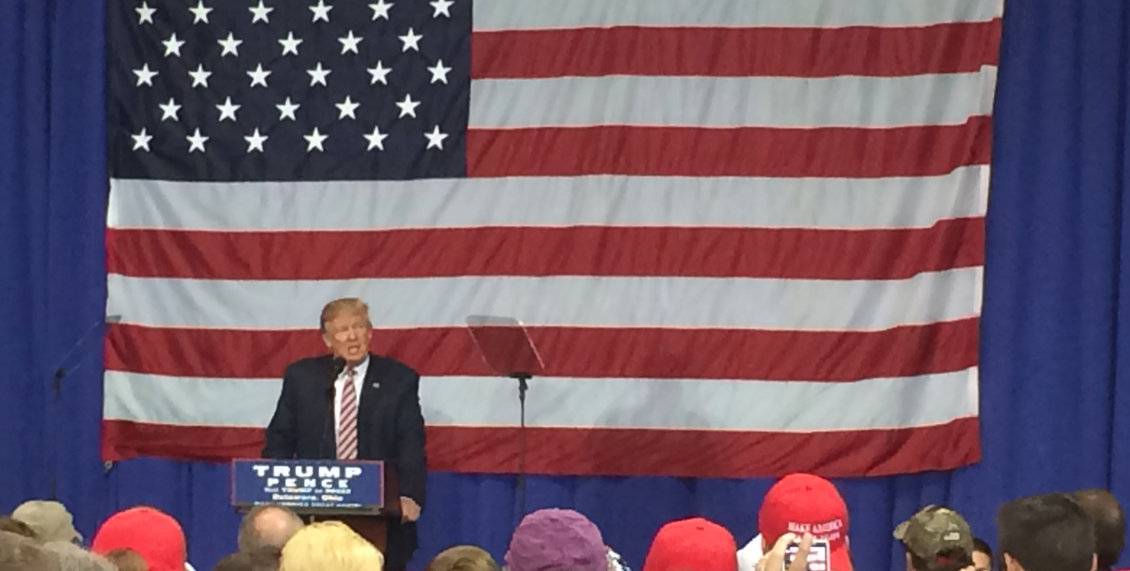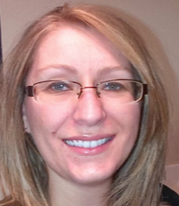By John Bonus, Transcript Reporter
With the election drawing closer, Republican presidential candidate Donald Trump made a stop in Delaware, Ohio for a packed rally Oct. 20.
The rally took place at the Delaware fairgrounds and a huge crowd of supporters greeted Trump. People began gathering at the event early in the morning and security had to close the gates hours before the event started.
Trump opened the rally by remarking about possible election results.
“I will totally accept the results of this great and historic presidential election,” Trump said. “If I win.”
The remark was in reference to his past suggestions that the election may be rigged in Democratic candidate Hillary Clinton’s favor. He continued by talking about the problem of voter fraud and how it could possibly influence the election results.
It is traditional in presidential elections for the loser to gracefully accept the winner as the people’s choice, but as Trump has shown in his campaign, he is anything but a traditional candidate.
Several students from Ohio Wesleyan attended or at least attempted to attend the rally, including sophomore Cole Petty.
Petty is the president of College Republicans on campus and works as a volunteer for the Trump campaign. He has worked at rallies in the past, but was unable to work at the one in Delaware due to the number of volunteers.
Petty said he wasn’t bothered because he sees the large influx of supporters and volunteers as a great sign for the Republican nominee.
“Even though I didn’t get into the Delaware Trump rally, I still think that it’s great that we have this many people coming,” Petty said. “The fact that they have to turn so many people away at his rallies shows that he may have larger support than the media portrays him to have.”
Petty is one of many students who are excited to see how Ohio and the rest of the country will vote in this election.

